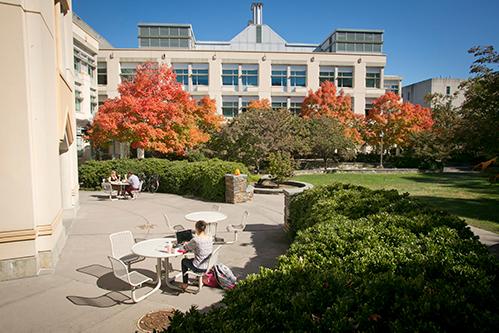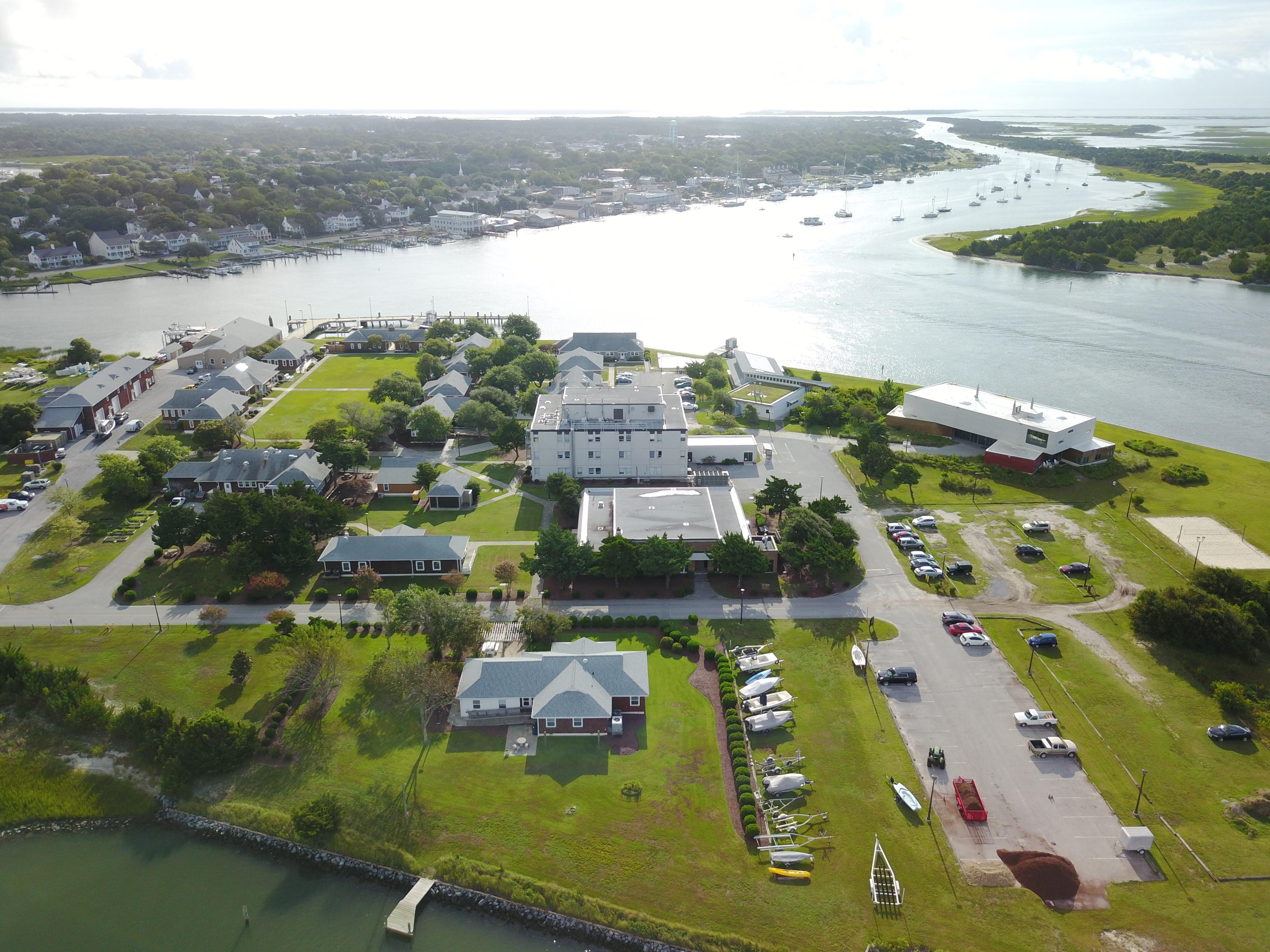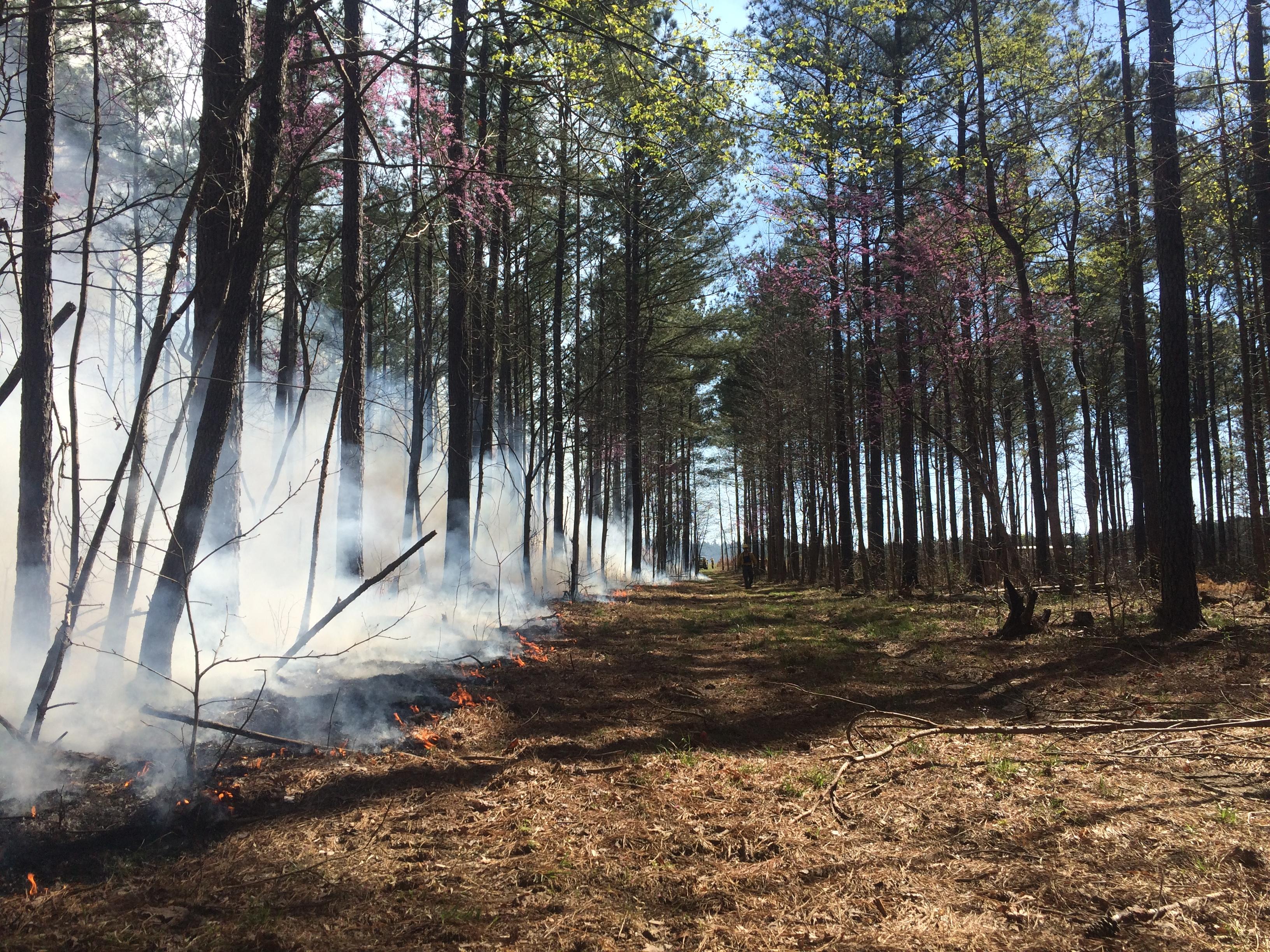Levine Science Research Center
The Nicholas School facilities are located in the 'A wing' of the Levine Science Research Center (LSRC) and include laboratory space, faculty offices, teaching facilities and classrooms. The LSRC is also where you will find Hug Commons, Love Auditorium (B wing), a wellness room and the Mamava Pod (Hug Commons).
Duke University Marine Lab
The Marine Laboratory in Beaufort, NC is a campus of Duke University and a unit within the Nicholas School of the Environment.
The Marine Laboratory operates year-round to provide educational, training, and research opportunities to about 1,000 individuals annually, including undergraduate, graduate and professional students enrolled in the university's academic programs; visiting student groups who use the laboratory's facilities; and scientists who come from North America and abroad to conduct their own research.
Duke Forest
The Duke Forest, an important resource for Nicholas School students and faculty, comprises just over 7,000 acres of land, lying primarily in two counties adjacent to the Duke University campus. A variety of ecosystems, forest cover types, plant species, soils, topography, and past land-use conditions are represented within its boundaries. With its long-term records of forest cover, the Duke Forest is a resource for studies related to forest ecosystems and the environment that is unequaled at any other university.






